The veterinary services of Bali are conducting mass rabies vaccination among stray and domestic dogs. This time, the Denpasar government, along with the provincial agricultural service, aims to vaccinate over 73,000 dogs in 2024 to protect the local population and tourists.
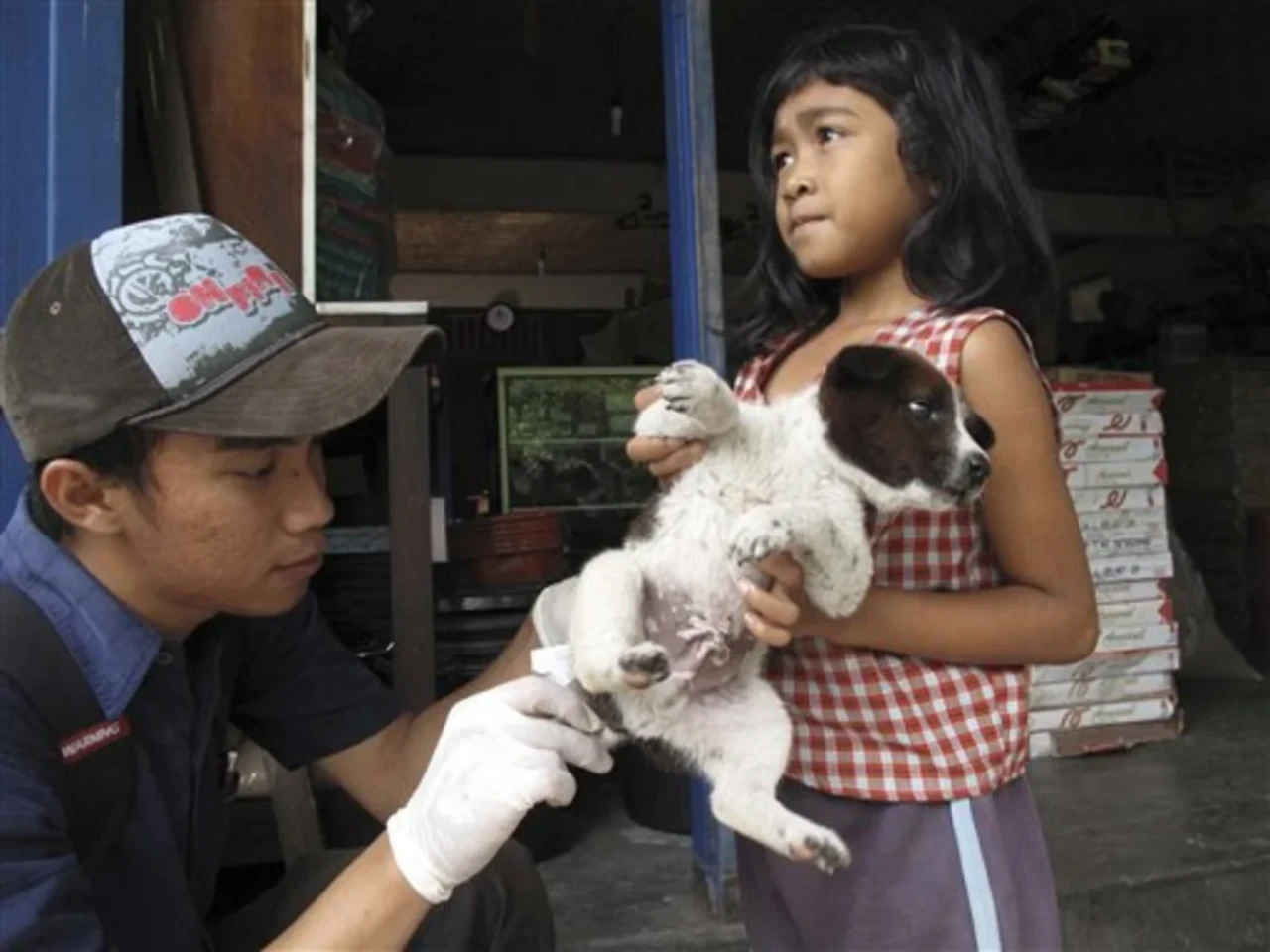
Until 2008, there were no reported cases of rabies in Bali. Today, the disease has become endemic due to the smuggling of an animal infected with rabies onto the island. Knowing this fact, even Indonesia's strict laws on importing pets from abroad no longer evoke such outrage.
Since 2008, there have been over 100 deaths and thousands of reported rabid dog bites across Bali. Much attention was drawn to the story of a six-year-old girl who died from rabies last year as a result of a dog bite.
In the case of any epidemic, prevention is the best protection. Especially since rabies cannot be diagnosed in domestic or wild animals in advance. This means that if an animal is suspected of being infected, it will be immediately euthanized or quarantined for 10 days after symptoms appear. If the patient survives isolation, they are considered free from rabies.
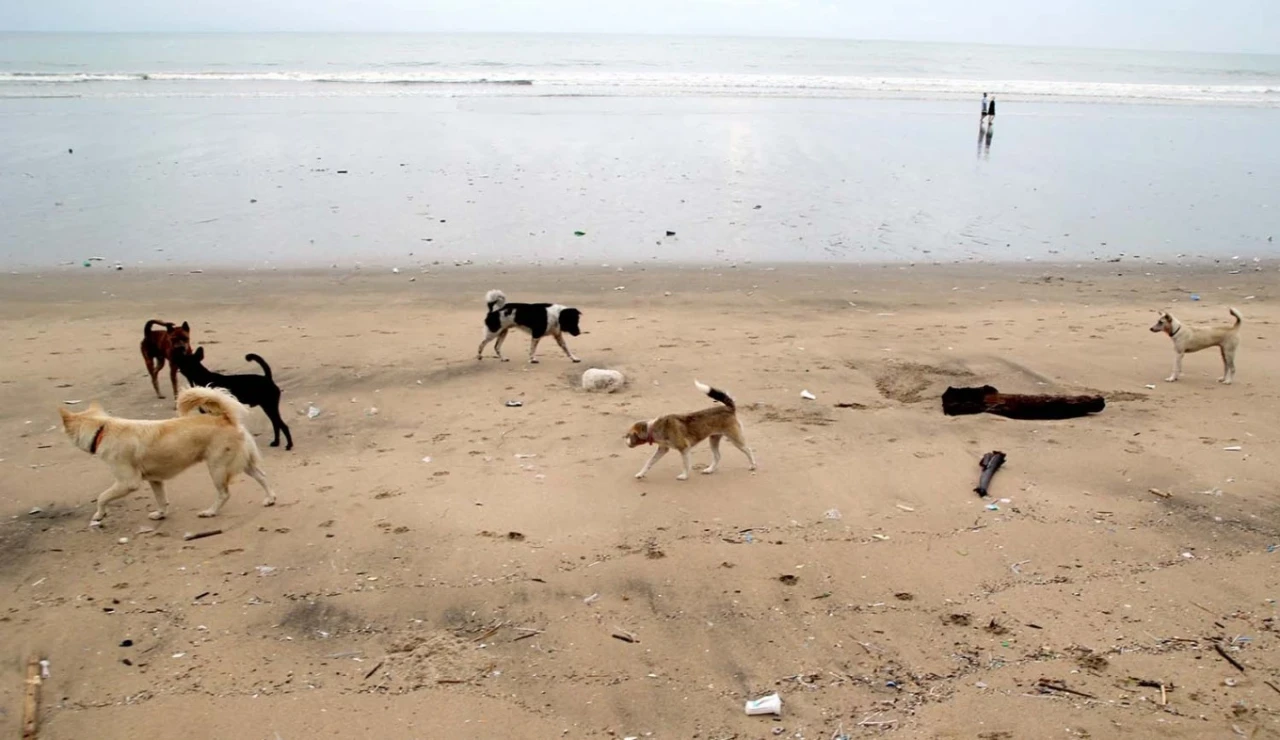
At present, rabies poses a small but significant risk to human health on the island and undermines the tourism sector. Therefore, Balinese authorities are making every effort to reduce rabies incidence through a continuous street dog vaccination program. The Indonesian Ministry of Health takes this issue very seriously and is working to eliminate rabies by 2030.
It is estimated that in 2024, the number of dogs in Denpasar alone will reach 82,000. In addition to mass rabies vaccination, authorities are offering free dog sterilization in this area.
They also capture, neuter, and release stray dogs. Dr. Deva Made Anom, Chairman of the Bali branch of the Indonesian Veterinary Association (PDHI), noted that neutered dogs will be healthier, live longer, and be more obedient to their owners. There is also evidence that neutering males can help make them less aggressive, reducing the risk of dog fights and dog attacks on humans.
In addition to the Bali and Denpasar governments, organizations such as BAWA (Bali Animal Welfare Association) also conduct mass sterilization and vaccination campaigns for dogs. Over the year, BAWA has performed over 6,000 sterilizations, responded to over 22,000 emergency calls, provided over 250,000 meals to hungry animals in Bali, and administered over 9,000 annual rabies vaccinations.
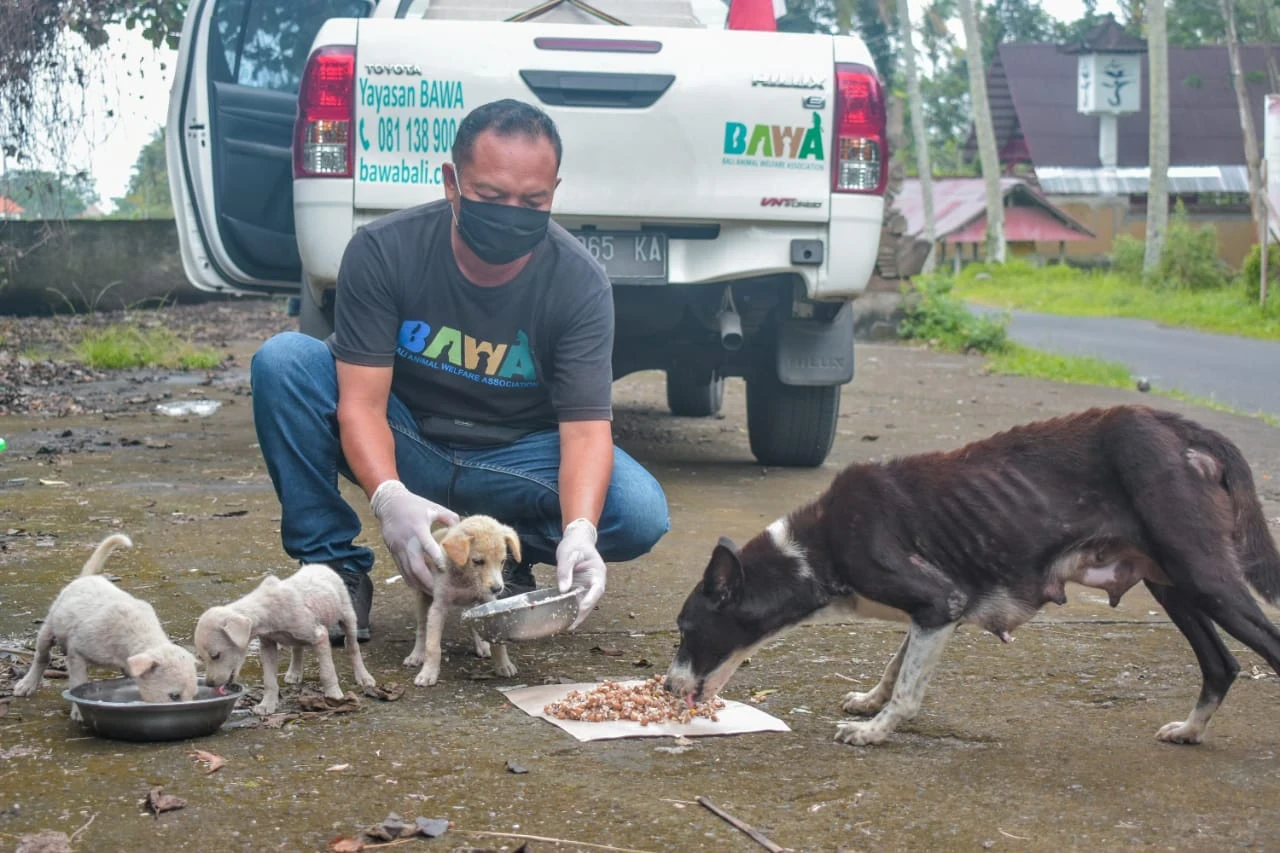
For what to do if you are bitten by an animal, you can read more details here. The main thing to remember is that it is vital to seek medical help immediately if you are bitten by a dog, monkey, or any animal potentially carrying rabies.
Yes, the risk of rabies virus infection in Bali is extremely low, but the cost of negligence is very high. There is no practical treatment for this disease.
If you begin to experience symptoms (weakness, discomfort, fever, headaches, tingling/itching around the bite, cerebral dysfunction, restlessness, confusion, agitation, delirium, hydrophobia, hallucinations, and insomnia), the usual outcome is death. Less than 20 people have survived the onset of clinical rabies. That's why it's so important to get vaccinated before the incubation period leads to symptom onset.
According to the World Health Organization, after contact with a potentially rabid animal, people should undergo post-exposure prophylaxis (PEP), which involves immediate and thorough washing of the wound. Be sure to wash the bite wound, and then seek medical help immediately to avoid fatal consequences.
Symptoms of rabies after infection usually do not appear for 2-3 months, although sometimes they can arise within a week after infection or even a year later. As the virus progresses into the central nervous system, progressive and fatal inflammation of the brain and spinal cord develops.
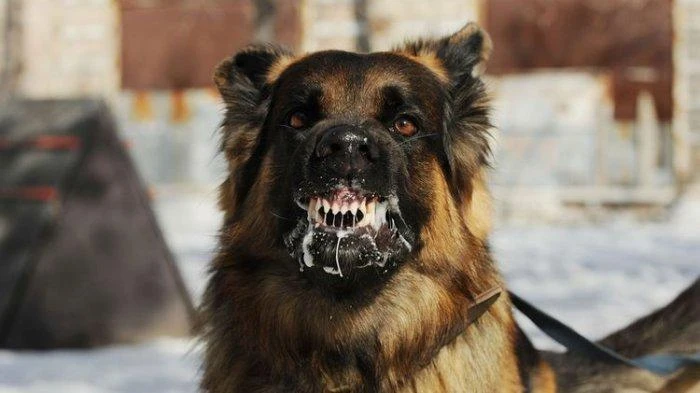
Sometimes the incubation period can last for years. Therefore, if you have been bitten and are concerned, even if you have no symptoms of rabies, we still recommend getting vaccinated for peace of mind.
You can get the rabies vaccine either before you are bitten or after. If you go to the clinic before being bitten, you will receive two shots. However, initial vaccination does not provide 100% protection against the disease. So, in the event of an animal bite, you will need to go to the hospital within 48 hours of the bite and receive two more injections. Even if you were vaccinated before coming to Bali or on-site, this is still necessary!
If you were not vaccinated beforehand, after the bite, you will receive a course of 5 shots over 21 days. You will also be treated with serum or rabies immune globulin (another 5 shots plus several very painful allergy tests). This process is known as post-exposure prophylaxis.
And, once again, vaccines will not be effective if the rabies virus has already shown symptoms of central nervous system involvement.

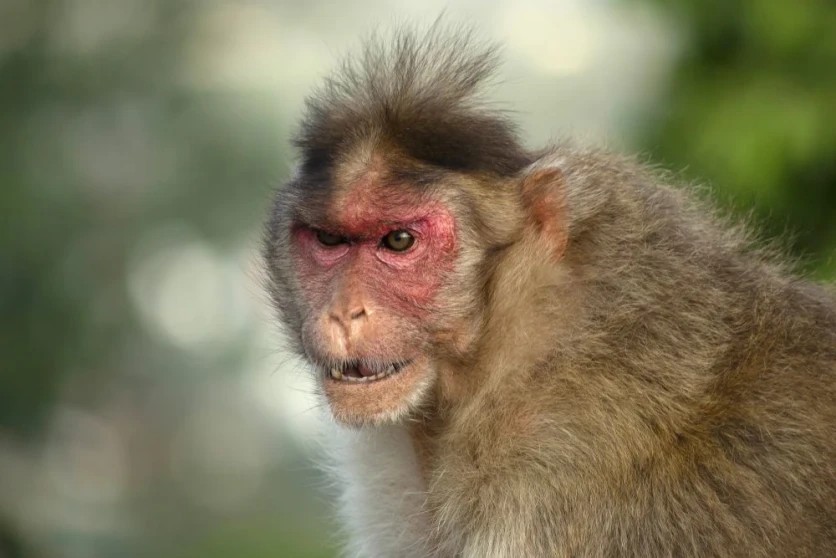

You can add one right now!